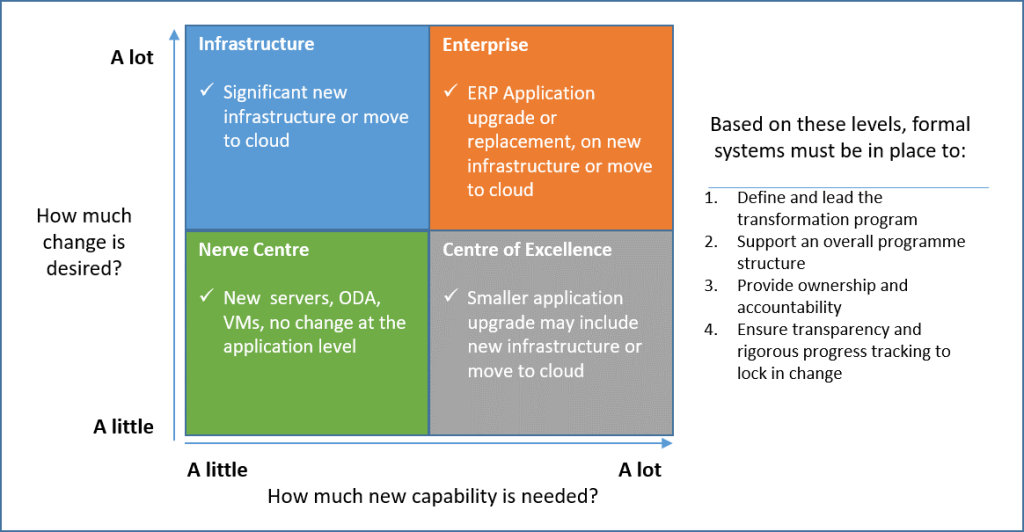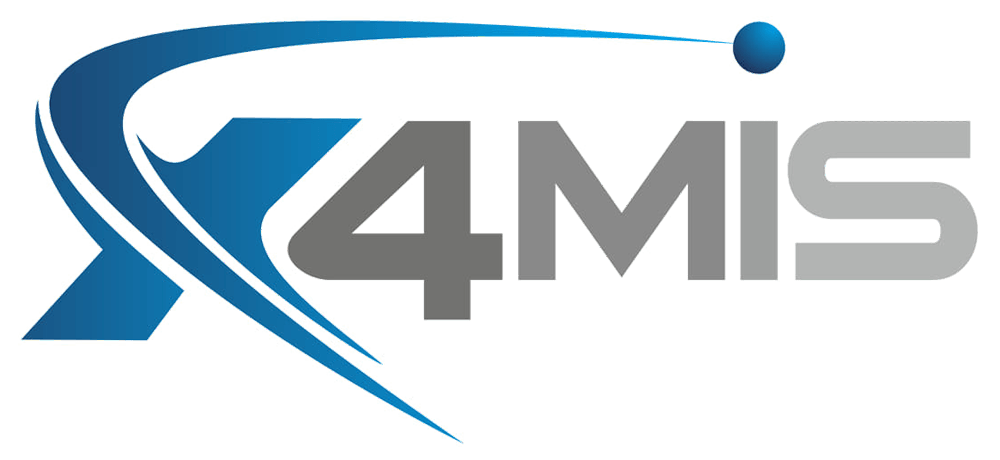Introduction To Enable
Written by: Austin Watene
Change Management Team
Change Managers, as a function, can’t enable change across a large organisation by themselves. They need support from all divisions of an organisation to allow people to want to be a part of the change. Every team needs to work in synergy to achieve the planned goals that have been set.
Change Teams are no different; their collective effectiveness is of greater necessity to drive the organisational benefits and outcomes, engaging and inspiring employees to adopt a new way of working. The Change Team can consist of individuals inside (and sometimes outside) the business, from the highest levels of leadership to front-line workers. They must all embrace the change and help coordinate the efforts as part of the Change Management Team to help employees towards the new way of working.
Each person will have a role to play in the Change Initiative, which, paired constructively with the rest of the Change Team, can generate incredible progress and outcomes. The Change Team can be made up of:
- Leadership Teams – Telling the story of change by framing the reasons for change and enabling change.
- Change Managers – Responsible for building the change capabilities across their organisation by empowering end users and delivering solutions.
- Change Champions – Frontline workers who lead change as early adopters and hold individual conversations with their units about strategy.
- End-users – Frontline workers or customers expected to absorb new technologies, processes and organisational shifts.
Identifying Your Change Team
Successful change is achieved by finding the right people to lead the Change Initiative, and completing a stakeholder analysis is critical to this process. Early adopters and resistors are identified early in the process and may be revealed without much investigation. The team may be placed (assigned) early in the process before the stakeholder analysis during the planning and business case. Additionally, interviews with staff and management may be conducted as the programme progresses. This may provide fresh eyes alongside the existing change.
The Business Team
Key Change Team roles are identified in Change team skills & knowledge; however, the business team members who represent their group or business unit are essential to feedback to the Change Team on the effectiveness of the current initiatives. They can identify and offer chances for the Change Team to boost programme participation. They also understand their group dynamics which can assist in identifying other influencers and behaviours that point to change resistance. Having people on the inside can be helpful when trying to understand the company as a whole and its individual parts.

Compose the Change
Browse by Categories

Free On-Line Change Management Methodology that enables individuals and organisations, especially those previously without access to effective change management programmes, to deliver more effective community and country programmes which improve prosperity and save lives.
QUICKLINKS
TRAINING LINKS
LATEST POSTS




